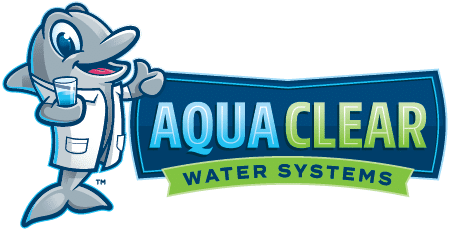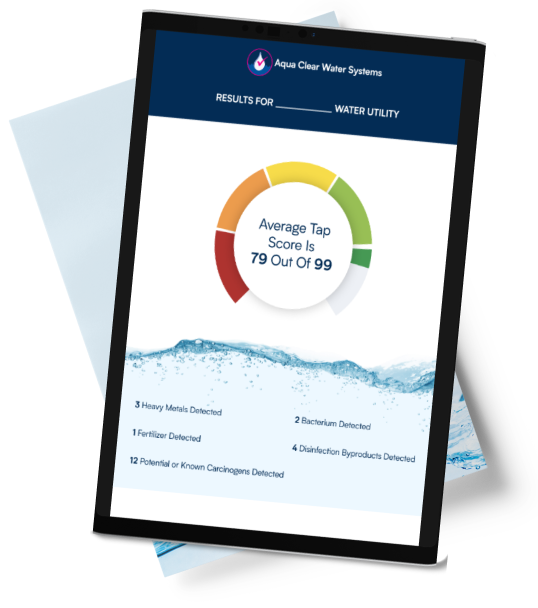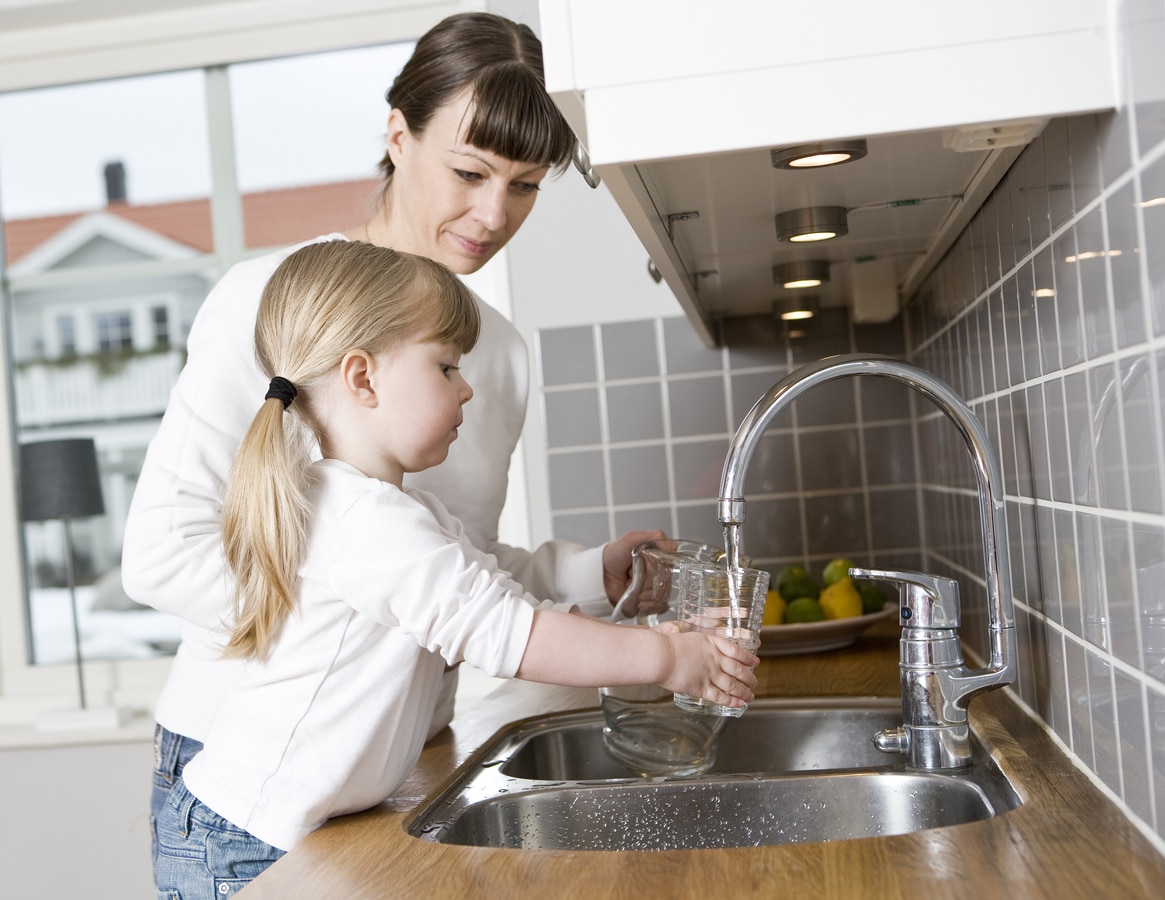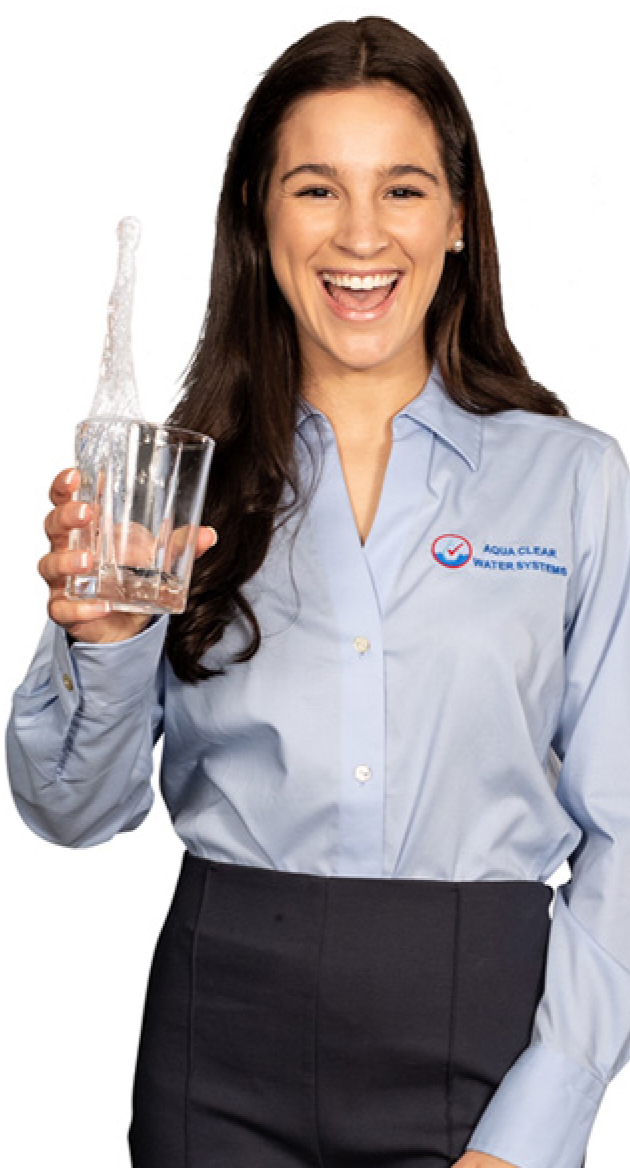Most of us wouldn’t say no to the offer of a sweet treat, but when you pour yourself a glass of water from the tap, you expect it to be cool, refreshing and largely tasteless. The last thing you expect would be sweet tasting water… and you’d be forgiven, in the midst of your surprise, to wonder why your tap water tastes sweet.
This article will outline some reasons for sweet tasting water, and some solutions to this problem.
Possible Reasons for Sweet Tasting Tap Water
There are several reasons for your tap water suddenly tasting sweet. These include:
Chlorine
In many cities, chlorine is used in tightly regulated quantities to disinfect drinking water, preventing harmful bacteria reaching the consumer. At low concentrations it should be undetectable, but as the concentration rises it may induce an artificially sweet flavor to the water.
You may also notice a smell akin to swimming pools (which also use chlorine in higher amounts to decontaminate water) or a chemical aftertaste when drinking. The taste or odor of chlorine in water varies depending on the temperature or pH of the water, or the presence of other chemicals in the treatment process.
High Mineral Count
Around 85% of the United States receives so-called ‘hard’ water, which contains a higher concentration of minerals compared to ‘soft’ water areas. Minerals such as calcium, magnesium, bicarbonate and iron may affect the flavor of tap water. These minerals are essential to bodily functions but, at higher concentrations, they may contribute to sweet tasting water.
Eating Before Drinking
Sugary and salty foods, as well as those high in citric acid or artificial sweeteners, can coat the taste buds and subsequently affect the flavor experience of usually tasteless substances like tap water. To check if this is the cause of your water tasting sweet, try rinsing your mouth with water and waiting a while to try again.
Medication or Health Conditions
Multiple medications can affect your sense of taste. These include antibiotics, antihistamines and blood pressure medications, among others. Some health conditions such as diabetes, or simply having high blood sugar may cause a perception of sweetness when drinking water.
And even simple conditions like a cold or flu can alter the sense of taste due to changes in saliva production and irritations in the airways, causing a sweet taste to be perceived when drinking water.
Hormone Imbalance
Hormones are chemicals produced by the body’s endocrine system, secreted into the blood to influence many bodily functions. The perception of flavor is reliant on the taste buds but also hormonal signals, so an imbalance could potentially distort flavor to the point of water suddenly tasting sweet.
Plumbing Issues
Old pipes or pipes with excessive corrosion can leach materials into drinking water which can change the flavor and may cause other problems with water quality. This is most common with pipes made of iron, copper, lead or galvanized steels. However, it’s not impossible with newer pipes made of plastic: they may also release flavor-affecting chemicals into your water.
Industrial Contamination
It is possible that your water may have been tainted with ethanol, glycolic acid or even formaldehyde due to a local industrial spill. Many toxic chemicals have a sweet taste so depending on their concentration may cause water to take on a sweet taste.
Why does it matter that my water tastes sweet?
Most of the time, unusually sweet tasting water is not indicative of a significant health concern, so is it really a problem at all? Well, if the taste is due to a chemical contaminant, yes it is an issue.
It may indicate damage to your plumbing system which needs repair, or it could suggest a wider industrial issue in your area. Some chemical contamination is just an inconvenience, but others may be dangerous to human health, especially those who are already vulnerable.
What To Do If Your Water Tastes Sweet
If your tap water has started to taste sweet, and you have ruled out a health or diet-related reason, there are a few things you can do. Your actions will be dependent on your water supply: the actions are different for those on municipal supply and those with a private well.
Municipal Water Supply
You should reach out to your supplier, the local water authority, for a water quality report. These are often available online and will give you relevant information about water contaminants and mineral concentrations in your area.
However, it’s important to remember that these reports are accurate only for the water as it leaves the treatment plant. It will travel through miles of pipes and then your own plumbing system before reaching your faucet, so a ‘clean’ report doesn’t necessarily mean there’s nothing wrong with your water. If you are still not satisfied, consider at-home testing.
Private Well Supply
Homeowners whose water supply comes from a private well are legally responsible for the maintenance of this water supply and its cleanliness. It is relatively simple to conduct water quality testing, which is required to be conducted through a certified laboratory, to detect any contamination or pollution from chemicals, or unusually high mineral concentrations.
Solutions for Sweet Tasting Water
Once water quality testing has identified the cause of the taste issues with your drinking water and ruled out any danger to you and your household, you are ready to choose a filtration system that will fix your water flavor problems once and for all.
There are two main solutions: reverse osmosis drinking water filtration or whole home water filtration systems.
Reverse Osmosis Drinking Water Filtration
Reverse osmosis systems target a broad spectrum of contaminants and water problems with a semi-permeable membrane. Water is forced through the membrane at high pressure, leaving the impurities and contaminants behind and giving the consumer highly purified drinking water. The contaminants are then directed away back into the drains.
These systems reduce hard water scale build-up, preventing damage to pipes and household appliances over time. Despite the cost of installation, reverse osmosis systems are far more cost-effective than constantly buying bottled water to avoid the taste of your tap water. One drawback is that these systems may also remove beneficial minerals from the water, and there is an ongoing cost relating to regular replacement of filters.
Whole Home Filtration
Rather than removing all impurities, whole home filtration systems are more targeted, dealing with the specific issues affecting tap water across your home. This improves the water quality and taste as well as protecting appliances and the home-wide plumbing system from hard water damage.
These systems, as the name suggests, work across the whole home rather than at one particular faucet, making them more convenient for you as a consumer. Some users report a change to water pressure after installing one of these systems.
How Aqua Clear Can Help
Aqua Clear Water Systems is one of Tennessee’s most trusted providers of water softeners and filters. Our products can reduce contaminants in your drinking water by up to 99.9%, improving the taste and odor of water as well as protecting your appliances and plumbing.
Our professionals can advise on water purification and softening solutions for domestic and commercial premises to bring clean and pure water to you where you need it the most.







